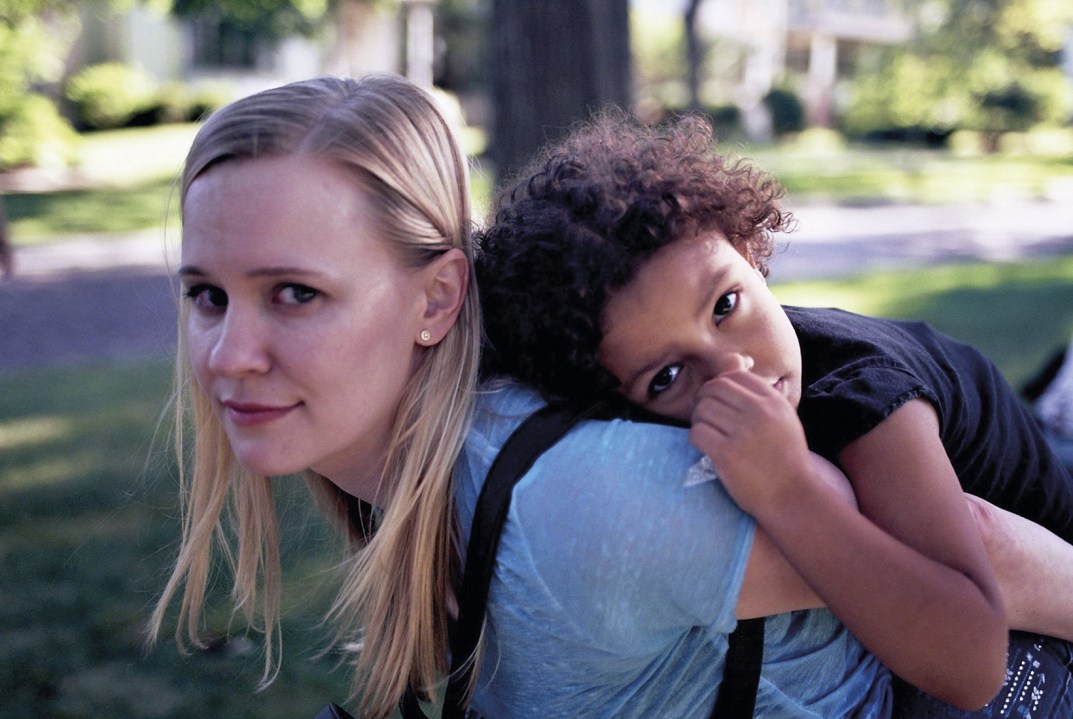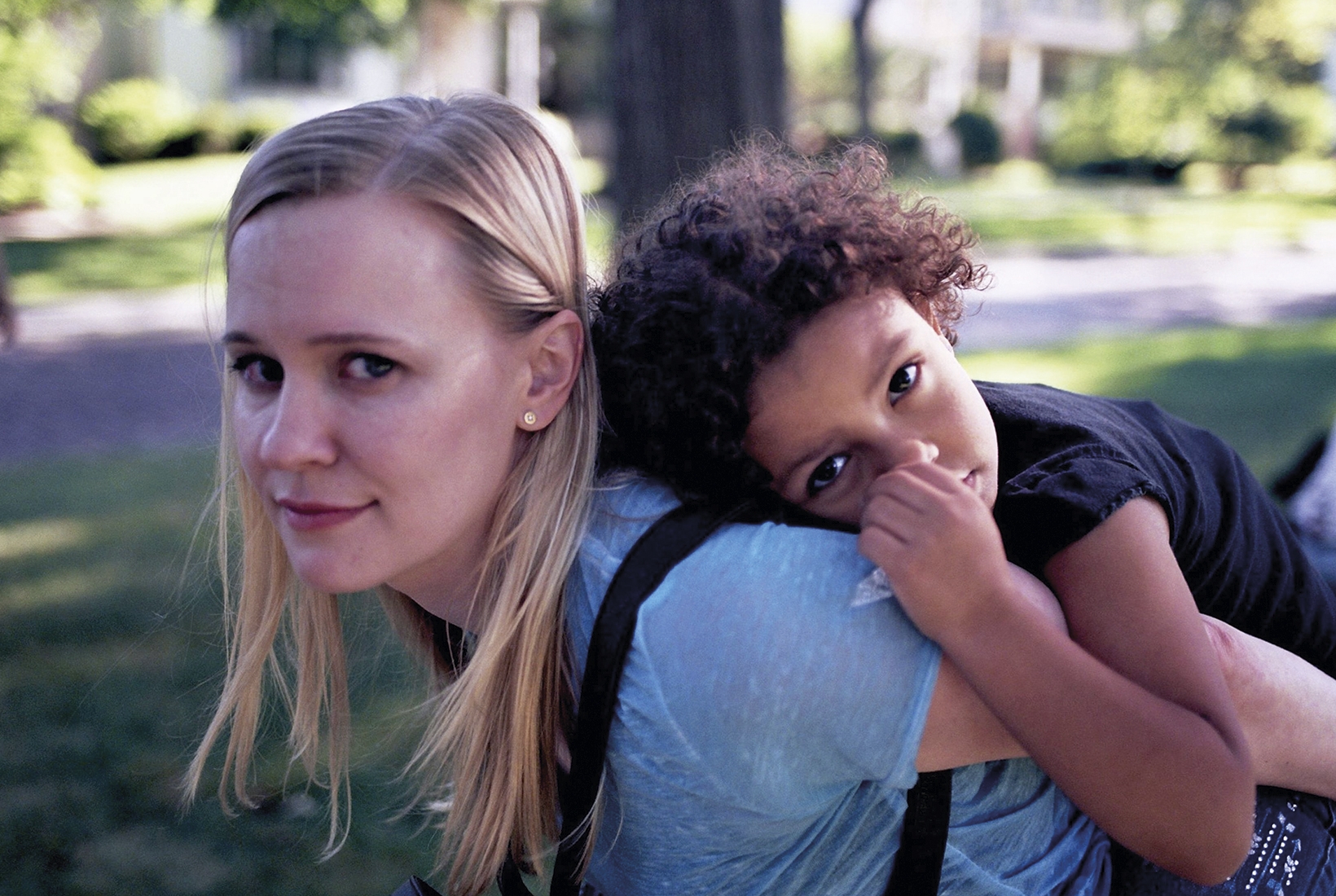Two films about young women this week, one at the cinema, if you dare, and one to stream, if you don’t. Saint Frances requires the daring and I’d dare, if I were you, as it’s splendid and funny and tender and involving and taboo-busting, and if you do contract a deadly virus, it’ll be worth it. Only kidding. Of course it won’t. But, on the other hand, the government is currently encouraging us to venture into town to save Pret A Manger and I think this has more to say than a baguette. Or one of those pricey salads.
Saint Frances is written by and stars Kelly O’Sullivan who started working on the script after seeing Greta Gerwig’s Ladybird and you can see Gerwig’s influence all over it — the wry naturalism and episodic storytelling is very Gerwig-ian — but it’s still its own person. O’Sullivan plays Bridget who is a college dropout and worries about not being an ‘impressive’ person. She waits tables and is not married and she doesn’t have kids and she doesn’t know if she wants a proper career or to be married or have kids. She Googles questions such as ‘I’m 34 and have no idea what to do with my life.’ She then hooks up with a younger fella and faces an unwanted pregnancy at around the same time as she lands a summer job as a nanny. Her charge is six-year old Frances (a sensational Ramona Edith Williams), the daughter of a lesbian couple who have just had a new baby. She is not a natural for the job. ‘I didn’t know you liked kids,’ says a friend. ‘I don’t,’ she replies.
If you do contract a deadly virus watching this film, it’ll have been worth it
Ah, I know what this is, you are thinking. Bridget and Frances will eventually bond and it’ll be cute and it is kind of like that, but also, not really, as so much happens along the way that doesn’t often happen in films or doesn’t happen truthfully. This explores the feelings and experiences women so often tuck away from sight, like abortion and not wanting to be a mother right now and post-natal depression and menstruation and bloodying sheets or blocking someone’s toilet with your tampon which, in real life, has only ever happened to all women everywhere. Menstruation is what half the population do every month for nigh on 40 years but we see it on screen practically never? I hadn’t properly thought about this before, but it does seem absurd, although don’t worry: there is more to this than periods. (See? See how I almost apologise for even mentioning them?)
Mostly, it’s not the periods (sorry, again) but the character work that proves so powerful. We care deeply about Bridget and Frances and where their story might go and, under director Alex Thompson, there are many beautifully handled moments, culminating in Bridget and Frances enacting a wonderfully affecting confession scene. This is never allowed to slip into cliché or cloying sentimentality and the ending, when it comes, is well earned and will definitely stay with you far longer than any baguette. Even the crayfish one. Which, I admit, is also pretty damned fine.
Now on to How To Build a Girl which has been adapted by Caitlin Moran from her semi-autobiographical novel and it’s not Gerwig-ian as it’s fit to bursting with plot, big performances, jokes, cameos and even border collies. But also it is warm-hearted and fun and, on occasion, quite moving, so in its own way it is terrific too.
Directed by Coky Giedroyc, the film stars Beanie Feldstein as Johanna, a teenager who lives on a Midlands council estate with her feckless father and her depressed mother and umpteen brothers and those collies, illegally bred for sale. Johanna is not popular at school where the boys call her ‘lezzer’ and throw rocks at her. She has no friends but does have a collage on her bedroom wall made up of historical figures — Sylvia Plath, Freud, Elizabeth Taylor — who come to life and talk to her via cameos from Alexei Sayle, Lily Allen, Michael Sheen, Sharon Horgan… true cameo heaven. But back to the narrative, which has Johanna reinventing herself as a rock critic and, basically, becoming a bad person before becoming a good person again, but there are some great lines along the way — ‘I want to have sexual intercourse with someone who has a car!’ — and Feldstein races through it with tremendous verve and wit. So, if you don’t dare, this is the one worth staying in for. Up to you.







Comments